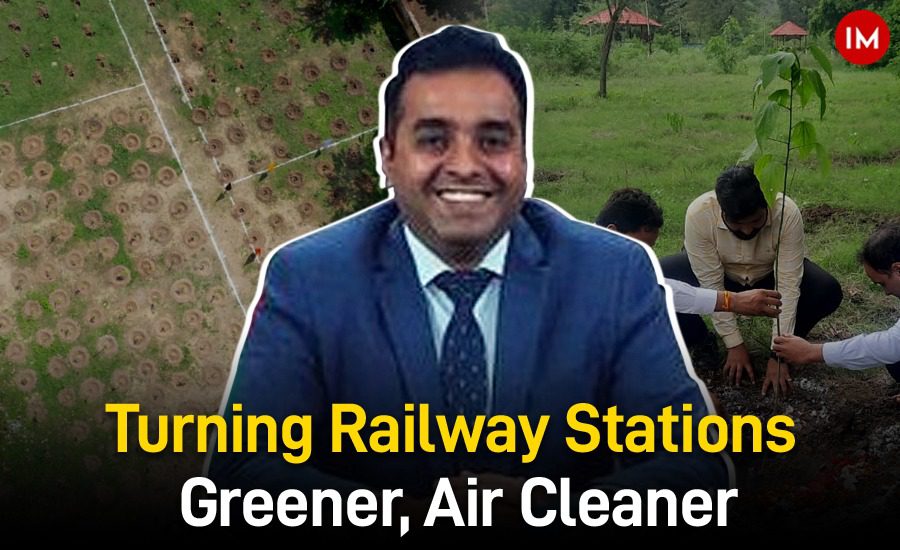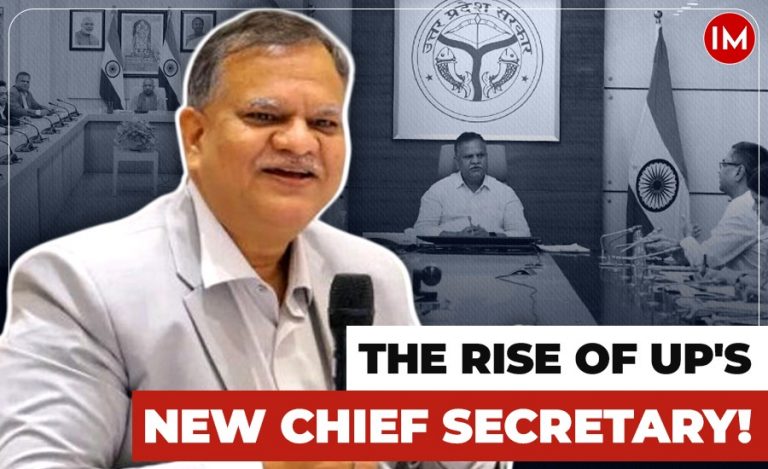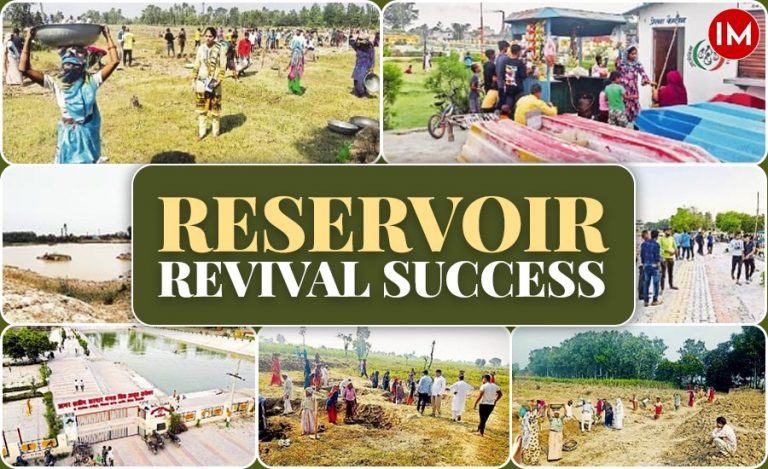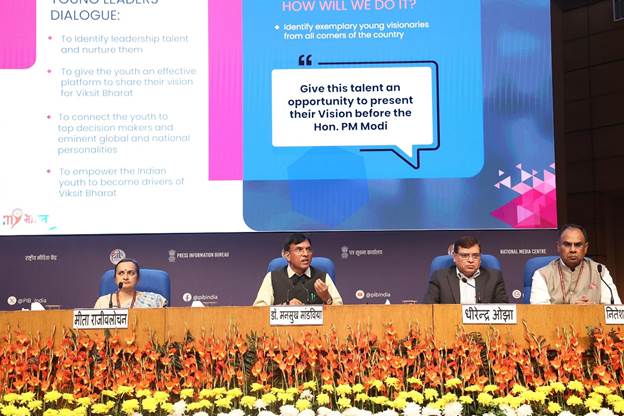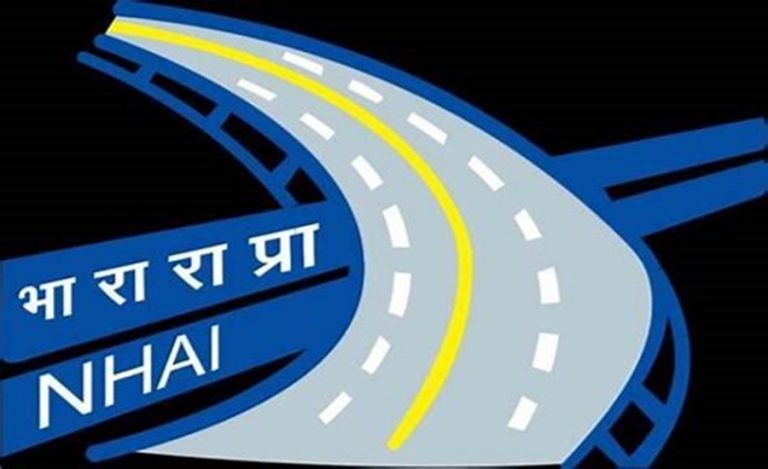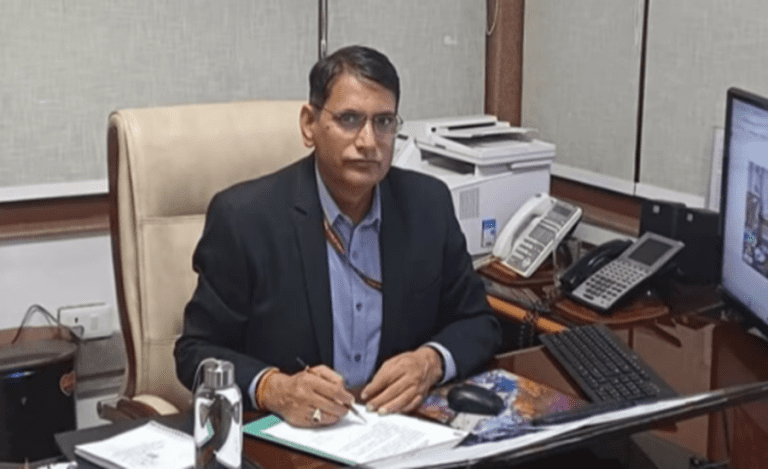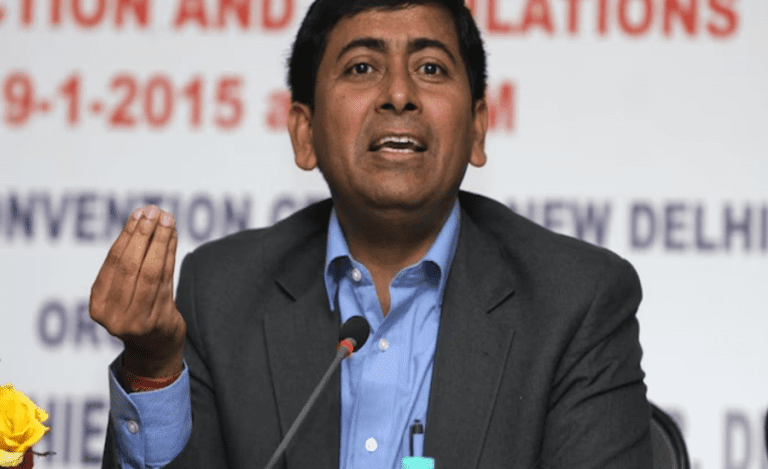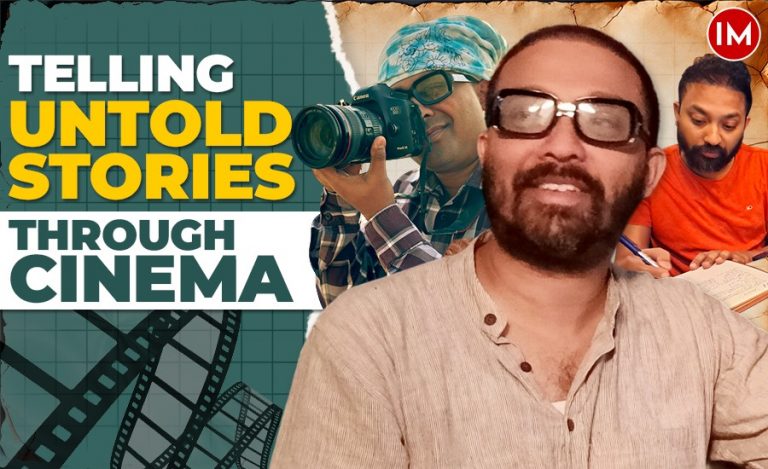As climate change intensifies, its impact on our daily lives becomes ever more apparent. Extreme weather conditions and environmental shifts are affecting communities worldwide, raising the urgent need for effective solutions. Among the various strategies to combat this looming crisis, one stands out as both impactful and accessible: planting trees.
We’re excited to introduce you to an inspiring individual who embodies this solution. Meet J Sanjay Kumar, a dedicated 2016 batch IRTS officer who has embarked on a remarkable journey to make a difference. Since beginning his mission, Mr. Kumar has successfully planted over 20,000 trees on vacant railway land, demonstrating that each of us can play a significant role in combating climate change.
In this exclusive video interview with Mr. Kumar, Sr. DOM (Coaching) in the Jhansi Division and Legislative Assistant to a Member of Parliament, Indian Masterminds explores how his initiative not only contributes to environmental preservation but also inspires others to take meaningful action.
His plan is to grow 100,000 trees in 5 years with an 80% survival rate.
Mr. Kumar, originally from Tamil Nadu, also discussed the care and survival of these trees. He talked about his latest initiative, which involves planting trees at 150 stations in the Jhansi division, including five native species of fruit trees.
How is this initiative being implemented? He enthusiastically shared details about another initiative called ‘Gift a Tree.’ Could you tell us more about it?
The top services in the UPSC are IAS, IPS, and IRS. How does the job of a railway officer differ from these roles?
During the interview, he also spoke about his UPSC journey and his decision to join the Railway services. Finally, he provided detailed insights into the modernization of Railway infrastructure and its potential to significantly benefit the Indian people in the future with enhanced facilities.
Join us as we delve into the story of how one person’s dedication is making a substantial impact in the fight against climate change.

